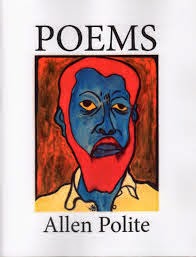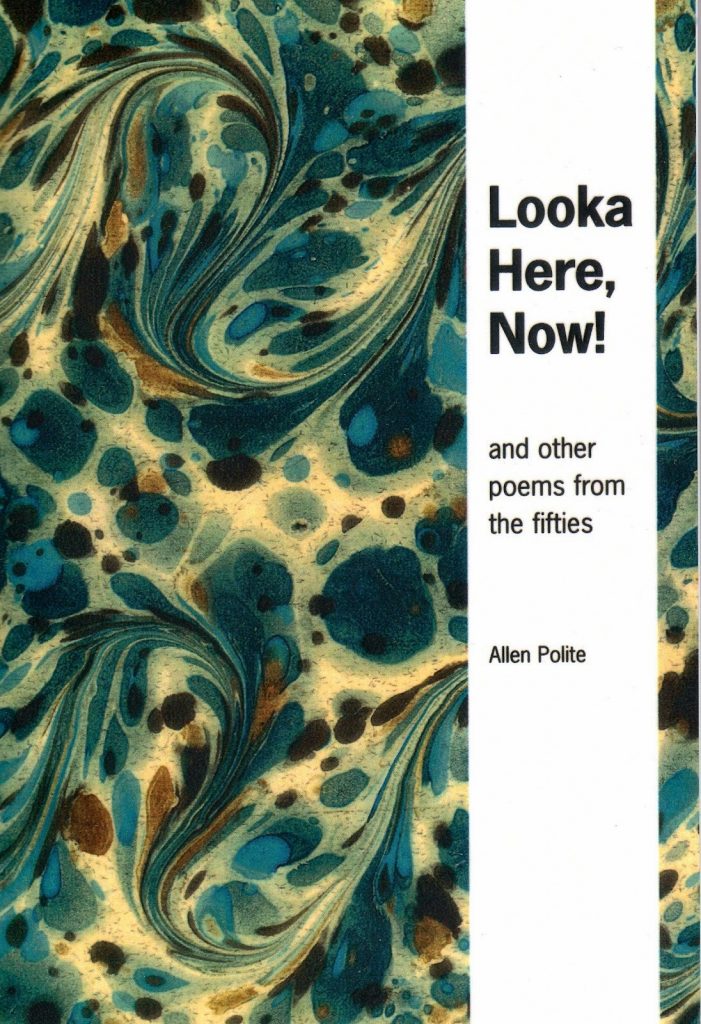National Poetry Month
 Did you know that April is National Poetry Month? Black History Month in February and Women’s History Month in March inspired the Academy of American Poets to dedicate April to celebrating and increasing the awareness of poetry in the United States. President Clinton stated, “National Poetry Month offers us a welcome opportunity to celebrate not only the unsurpassed body of literature produced by our poets in the past, but also the vitality and diversity of voices reflected in the works of today’s American poetry” (April 1, 1996 Proclamation). The Academy of American poets has honored Black American poets and their contributions to literature in a number of ways. For example, in 2001, the Academy of American Poets asked the public to vote on their favorite American poet to be put on a U.S. postage stamp. In 2002, the U.S. Postal Service unveiled a stamp with the image poet, playwright, and novelist, Langston Hughes.
Did you know that April is National Poetry Month? Black History Month in February and Women’s History Month in March inspired the Academy of American Poets to dedicate April to celebrating and increasing the awareness of poetry in the United States. President Clinton stated, “National Poetry Month offers us a welcome opportunity to celebrate not only the unsurpassed body of literature produced by our poets in the past, but also the vitality and diversity of voices reflected in the works of today’s American poetry” (April 1, 1996 Proclamation). The Academy of American poets has honored Black American poets and their contributions to literature in a number of ways. For example, in 2001, the Academy of American Poets asked the public to vote on their favorite American poet to be put on a U.S. postage stamp. In 2002, the U.S. Postal Service unveiled a stamp with the image poet, playwright, and novelist, Langston Hughes.
To honor poetry/poets, many of my poet-friends and I are hard at work writing a poem each day in April! With the help of prompts (and my new obsession with short poems), I have managed to stay on track with “30 for 30.” In fact, I’ve submitted one of my poems to a poetry workshop and received some great feedback from my colleagues. In addition to keeping me on track with writing, “30 for 30” encourages me to ready poetry written by poets who I have not read before. It also inspires me to continue to share history regarding how Black poets are both read and honored. For example, a stamp honoring Paul Laurence Dunbar was issued on May 1, 1975, 26 years before the Academy of American Poets evidenced concern for so honoring Black American poets.
So, how are you honoring poets and poetry this month? It may be too late to join us in scrambling to write villanelles at midnight this month, so consider writing a poem each month to honor poets.
 Allen Polite: A Poet You Might Consider Reading
Allen Polite: A Poet You Might Consider Reading
Allen Polite was born in New Jersey in 1932. His poetry was first published in 1958 in Yugen. His writings also appear in Sixes and Sevens, An Anthology of New Poetry (1962) and in Langston Hughes’ New Negro Poets, U.S.A. (1964). An early association with LeRoi Jones (Amiri Baraka) led him to serve his apprenticeship as a beat poet before he became identified with the Black Arts Movement.
After his service in the U.S. Army in Korea and Japan, Polite moved permanently to Europe, settling in Stockholm in 1963. There he was part of a collective of artists, musicians and poets that included the late Harvey Cropper, another black expatriate. Allen Polite died of cancer in 1993. His papers are housed at the University of Connecticut, Storrs.
Polite left hundreds of poems, paintings, and drawings that he had planned to publish later in his career. His wife, Helene Polite privately published three volumes of the work he left behind, Poems (1996), The Rice and Fiol of the Turd Rake (1996), a rhapsodic play for three voices’, and Looka Here, Now! (1997). She has also assisted HBW in reissuing two of his volumes
In 2012, HBW organized a panel at the College Language Association, where novelist Tony M. Grooms presented a paper on Polite’s work. Additionally, Polite’s poetry was included in discussion of poetry of the 1960’s during the 2013 NEH summer institute,”Don’t Deny My Voice.”
About Simone
Simone Savannah is currently a PhD student in Creative Writing at the University of Kansas. Her interests include Black Female Autobiographical Writers/ Artists, Black Poetry, and 20th Century Black Literature.